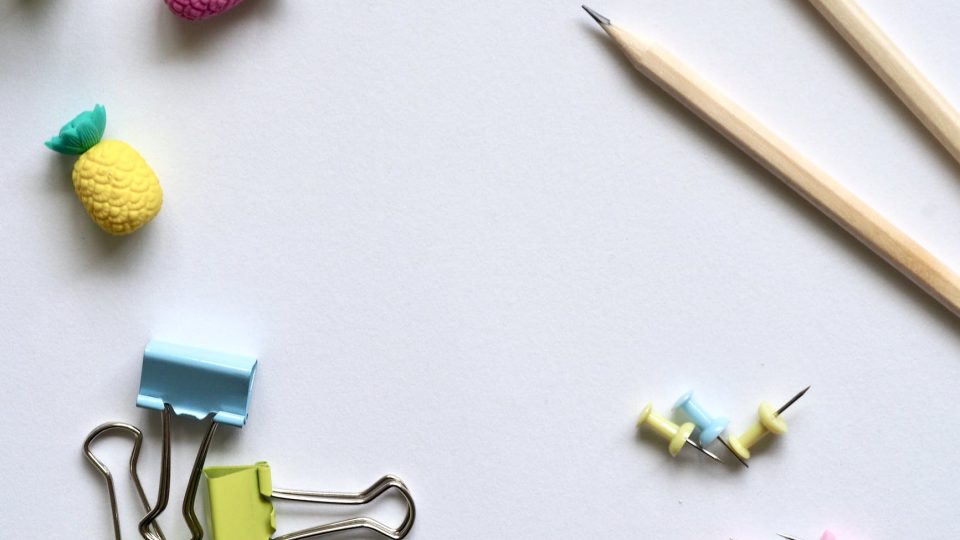Yes, you can use Notion as your blog. Notion’s flexibility and powerful features make it a suitable platform for creating and managing a blog. Here are some of the advantages of using Notion for your blog:
- Ease of Use: Notion’s intuitive interface and drag-and-drop functionality make it easy to create and manage your blog content, even if you have limited technical expertise.
- Organization: Notion’s robust organization features allow you to categorize, tag, and filter your blog posts, making it simple to keep your content organized and easily searchable.
- Customizable Templates: Notion offers a variety of blog templates that you can customize to match your style and branding. You can also create your own templates from scratch.
- Rich Content Support: Notion supports a wide range of content formats, including text, images, videos, code snippets, and more. This allows you to create engaging and visually appealing blog posts.
- Collaborations: Notion’s collaborative features enable you to work on your blog with other writers or editors seamlessly.
- Integration with Other Tools: Notion integrates well with other tools, such as calendars, project management software, and social media platforms, streamlining your workflow.
- No Coding Required: Unlike traditional blogging platforms, Notion doesn’t require any coding knowledge, making it accessible to everyone.
- Cost-Effective: Notion offers a free plan that includes enough features to create and manage a basic blog. You can also upgrade to paid plans for additional features and storage.
While Notion may not offer all the advanced features of dedicated blogging platforms like WordPress or Ghost, it provides a user-friendly and versatile solution for creating and managing a blog. It’s particularly well-suited for individuals or small teams who want a simple and customizable platform for their blogging needs.
Here are some additional tips for using Notion as your blog:
- Create a Blog Database: Use Notion’s database feature to organize your blog posts. Add properties for post title, author, date, tags, and other relevant information.
- Craft Blog Post Templates: Design templates for your blog posts, including title, author, date, body text, images, and any other desired elements.
- Embed Content: Utilize Notion’s embedding features to seamlessly integrate images, videos, and other multimedia content into your blog posts.
- Optimize for Search: Use Notion’s tagging and search functionality to ensure your blog posts are easily searchable within your workspace and externally through search engines.
- Promote Your Blog: Share your Notion blog posts on social media, email newsletters, and other online channels to reach a wider audience.
- Leverage Notion’s Ecosystem: Explore Notion’s community templates, integrations, and third-party tools to enhance your blogging experience.
